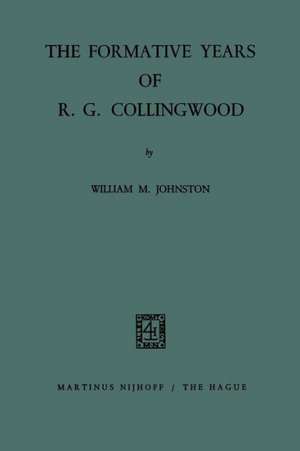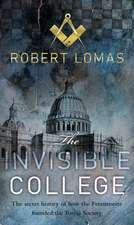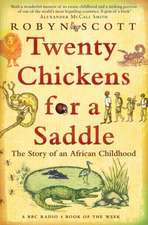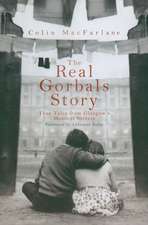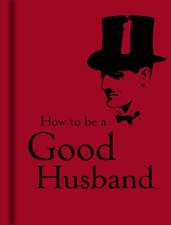The Formative Years of R. G. Collingwood
Autor William M. Johnstonen Limba Engleză Paperback – 1967
| Toate formatele și edițiile | Preț | Express |
|---|---|---|
| Paperback (2) | 381.81 lei 6-8 săpt. | |
| SPRINGER NETHERLANDS – 1967 | 381.81 lei 6-8 săpt. | |
| SPRINGER NETHERLANDS – 1971 | 381.81 lei 6-8 săpt. |
Preț: 381.81 lei
Nou
Puncte Express: 573
Preț estimativ în valută:
73.07€ • 79.34$ • 61.38£
73.07€ • 79.34$ • 61.38£
Carte tipărită la comandă
Livrare economică 22 aprilie-06 mai
Preluare comenzi: 021 569.72.76
Specificații
ISBN-13: 9789401186780
ISBN-10: 9401186782
Pagini: 184
Ilustrații: XIV, 167 p. 2 illus.
Dimensiuni: 155 x 235 x 10 mm
Greutate: 0.27 kg
Ediția:1967
Editura: SPRINGER NETHERLANDS
Colecția Springer
Locul publicării:Dordrecht, Netherlands
ISBN-10: 9401186782
Pagini: 184
Ilustrații: XIV, 167 p. 2 illus.
Dimensiuni: 155 x 235 x 10 mm
Greutate: 0.27 kg
Ediția:1967
Editura: SPRINGER NETHERLANDS
Colecția Springer
Locul publicării:Dordrecht, Netherlands
Public țintă
ResearchCuprins
One The Family Background and Formal Education of R. G. Collingwood.- I. Introduction: A Sketch of R. G. Collingwood’s Career and Major Interests.- II. John Ruskin as an Inspiration for W. G. Collingwood and R. G. Collingwood.- III. The Literae Humaniores Program at Oxford and R. G. Collingwood’s Response to It.- IV. R. G. Collingwood’s Research in the Archaeology of Roman Britain.- Two The Unfolding of Collingwood’s Approach to Philosophy 1913–1923.- V. Collingwood’s Religion and Philosophy (1916).- VI. Two Pivotal Essays: “The Devil” (1916) and Ruskin’s Philosophy (1919/1922).- VII. Benedetto Croce as a Foil to R. G. Collingwood.- VII. The Influence of Croce, Gentile, and Vico on Collingwood During the Early 1920’s.- Three Speculum Mentis (1924): A Description of the five Forms of Experience.- IX. General Characteristics of Speculum Mentis.- X. Art and Religion as Elementary Forms of Experience.- XI. Science as the Third Form of Experience.- XII. History and Philosophy as the Culminating Forms of Experience.- Four R. G. Collingwood’s Isolation in Twentieth Century Thought.- XIII. R. G. Collingwood’s Place in the History of Ideas (1900–1925).- XIV. Conclusion: R. G. Collingwood’s Intellectual Loneliness after 1924 and its Roots in His Ruskinian Education.- Appendices.
